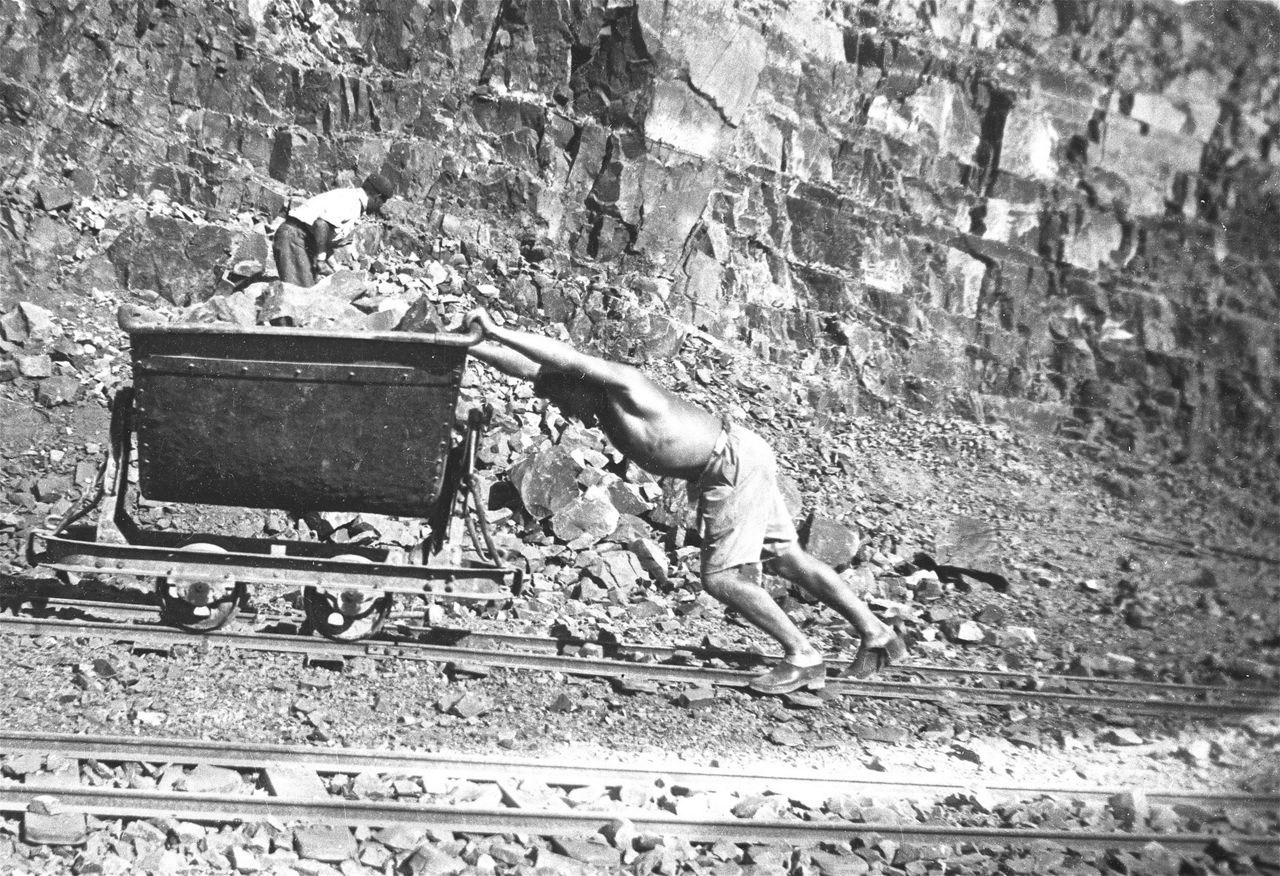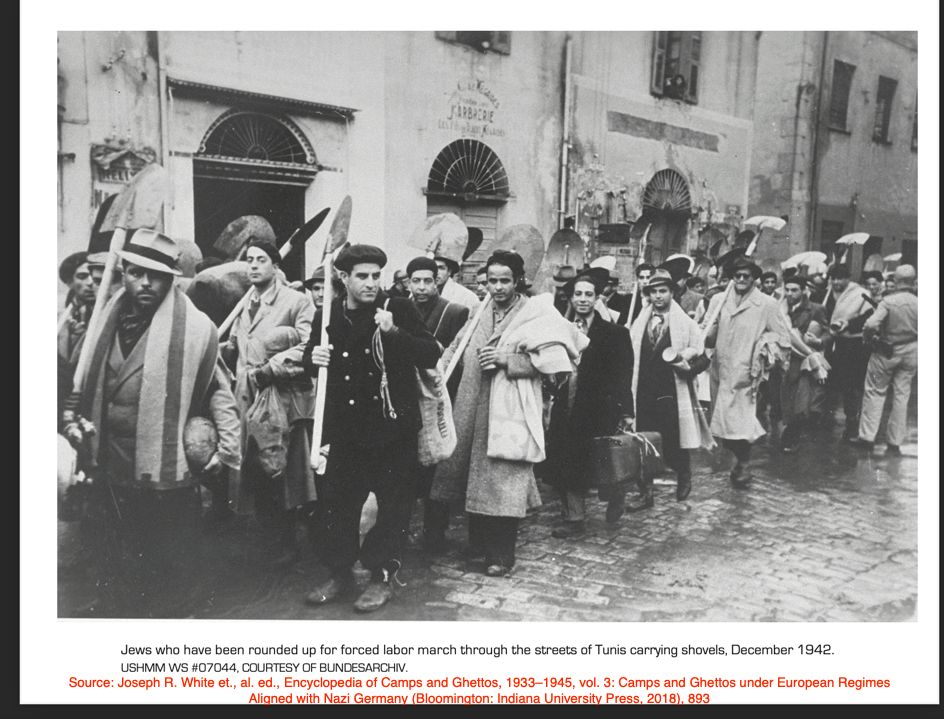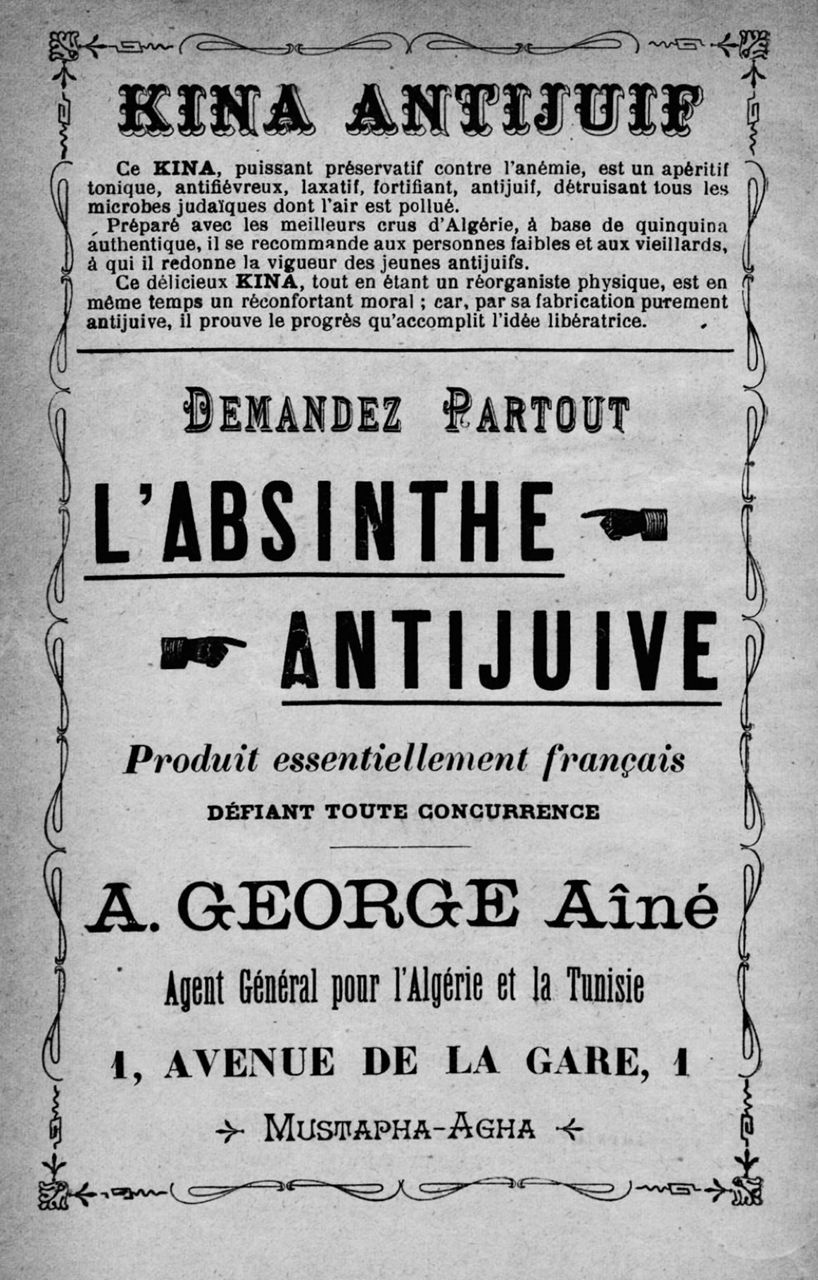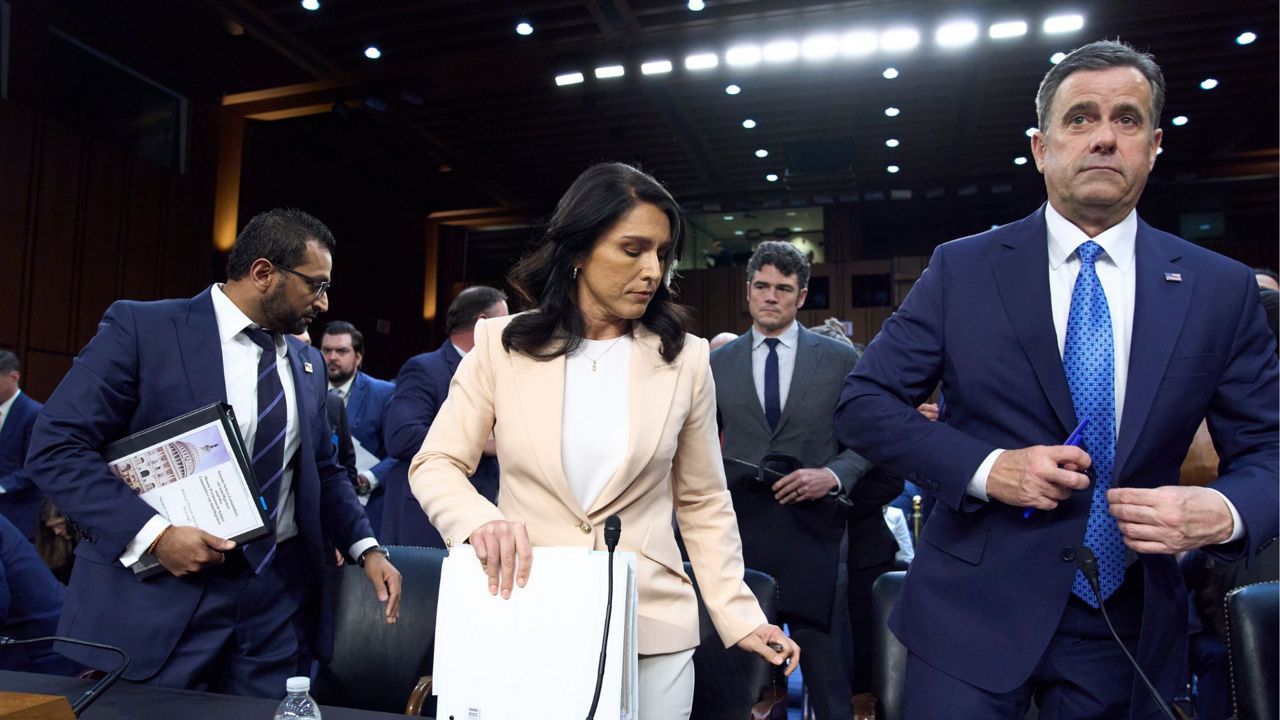SAN ANTONIO — Holocaust Remembrance Day concluded in Texas Friday.
It’s a time to reflect on the more than 6 million Jewish people who died between 1941 and 1945.
What You Need To Know
- During WWII, European occupiers in North Africa implemented anti-Jewish laws and labor camps
- About 15,000 to 20,000 Jewish people in North Africa were sent to internment or labor camps in the region
- Antisemitism infiltrated Morocco, Algeria, Tunisia and Libya after Nazis defeated France in 1940
- French and German forces captured and deported North African Jews even after the war ended
While most of the conversation is about what happened in Europe, there were also other countries in North Africa that played a role in this genocide.
There were hundreds of thousands of Jews living in colonized North Africa. However, it’s a part of the Holocaust that historians, Jewish studies experts and even children of the survivors know very little about.
Idan Mazuz’s grandparents are from Libya, North Africa. Whenever he asked them about the Holocaust, they wouldn’t talk about it.
“We got very cold and short answers,” he said.
Mazuz and his wife Samantha met in Israel, where they grew up before moving to Texas to raise a family. As an adult, he went to the United States Holocaust Memorial Museum and saw an exhibit on North Africa’s involvement.
It wasn’t until Spectrum News 1 Texas contacted Mazuz that he found out his grandparents were Holocaust survivors.
“That was something that I really didn’t know,” he said.
Mazuz called his dad before our interview. He told him his grandparents had been receiving reparations from the German government.
Then he finally got the full story. His grandmother and her family were hunted down by the Nazis in Libya and they were forced to flee the country to Israel.
“She was hiding in a closet, and her brothers and sisters and parents were at the neighbor’s house,” Mazuz said.
UT Austin history professor Benjamin Brower’s expertise is in violence in North Africa during the 1900s.

From his research, Brower found around 15,000 to 20,000 Jews were forced into internment or labor camps in Libya, Morocco, Tunisia and Algeria.
“The summer is extremely hot and in the winter it’s extremely cold,” he said.
Many people died in labor camps because of the severe conditions.
The exact number is not known, but Brower says at least 100 Jewish men died in Tunisian camps, which is about 2% of the prisoner population there.

“Camps are very dangerous places for people to live, even if you’re not trying to kill people,” Brower said.
Antisemitism had been building in North Africa long before WWII. It took off when European countries like France and Italy colonized regions in North Africa.
Brower says prior to the European control, Jews, Muslims and other groups lived together for centuries, mostly in peace.
“People don’t seem to know that much about them,” he said. “My students are often kind of surprised.”
While Jews were granted citizenship in some countries around 1870-1880, antisemitic rhetoric was also spreading.
An example of that this an advertisement Brower shows us from the late 1800s of an elixir that claims to cure North Africans of “Jewish germs” polluting the air.

After German armies defeated France in 1940, the Vichy regime was thrown into power, which began implementing anti-Jewish laws in North African territories.
“There’s a whole host of legal protections they don’t have,” Brower said.
Vichy authorities stripped naturalized Jews of their citizenship, confiscated their property and blocked them from holding government and state jobs.
“Legally speaking, it’s stunning,” Brower said.
When the British and American military came to North Africa in 1942, the Germans quickly followed and gained control, implementing camps and mass deportations.
Even after WWII ended, some of the most dangerous camps remain, and occupying forces continue to drive North African Jews out of the region, including Mazuz’s family.
“Now we’re talking about entire families,” Brower said. “Babies, women and children, old people.”
Mazuz hopes that this part of the Holocaust can make it into the history books as well, so that the phrase "never forget" applies to every Jew across the world.
“I think being Jewish is in your soul. It’s not about your skin,” he said. “It’s about who you are and your heritage and your values.”










